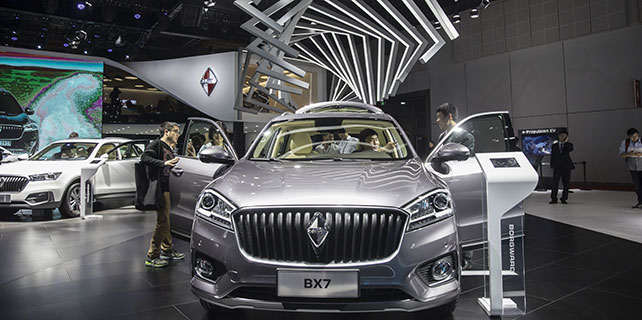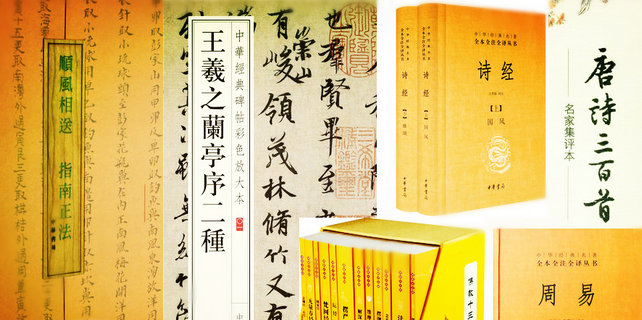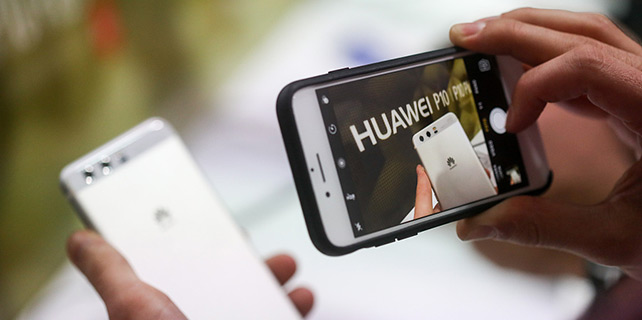World Bank takes to Belt and Road
The World Bank Group is and will continue working closely with the Chinese government on the Belt and Road Initiative, according to the chief of the international financial institution.
Jim Yong Kim, president of the World Bank Group, praised the initiative on Thursday during a press conference of the 2017 IMF/World Bank annual spring meeting in Washington.
"The One Belt, One Road project is an extremely important one for the Chinese government and also for us," said Kim, who is scheduled to attend the Belt and Road Forum for International Cooperation to be held in Beijing on May 14-15. Twenty-eight heads of state and government leaders have confirmed they will attend the meeting.
"The leadership that China is now taking in the overall world of development I think is unprecedented," he said.
Kim, who has visited China many times, said China has been stepping up and illustrating that it is concerned about development, not just in neighboring countries or even along the Old Silk Road, but globally.
He said the World Bank Group has a very close working relationship with the Chinese government and also with the Asian Infrastructure Investment Bank (AIIB). "We'll be signing another memorandum of understanding," he said.
"Not only are we engaged, for example, in a major study with China right now on the drivers of China's future economic growth, but we're partnering with AIIB already," he said, adding that there were two major projects that the World Bank co-financed with AIIB in Indonesia.
"So our expectation is that our engagement both with the Chinese government and with Chinese efforts at development, both through their own bilateral cooperation, but also through AIIB, will only grow going into the future," said Kim, who became the World Bank Group president in 2012.
"We've discussed at great length our approach of trying to crowd in much more private sector capital and the Chinese are very much in agreement with what we're trying to accomplish," he said.
Chinese Foreign Minister Wang Yi said a few days ago that China will use the Belt and Road forum to build a more open and efficient international cooperation platform; a closer, stronger partnership network; and to push for a more just, reasonable and balanced international governance system.
On Thursday, Kim also praised China's embrace of globalization and its success in lifting 800 million people out of poverty in the past decades.
"That happened when it embraced the global market, when it opened itself to competition, when it engaged more and more in trade," Kim said, without naming the United States and some European nations, where protectionism sentiment has been running strong.
Kim said trade has been an extremely important part of global economic growth and an extremely important part of the poverty reduction in the last 30 years.
"We continue to argue that freer trade, more openness, is actually critical for the future of the world, and there may be individual countries that choose to look inward, but just because those individual countries look inward doesn't mean everyone else is going to look inward," he said.
Kim cited China as "a good example". "China is not going to stop trading with all of its trading partners and it's not going to stop continuing to work with Latin America. China's work in those countries has only gone up over the last few years, and I think it will go up further," he said.
chenweihua@chinadailyusa.com















